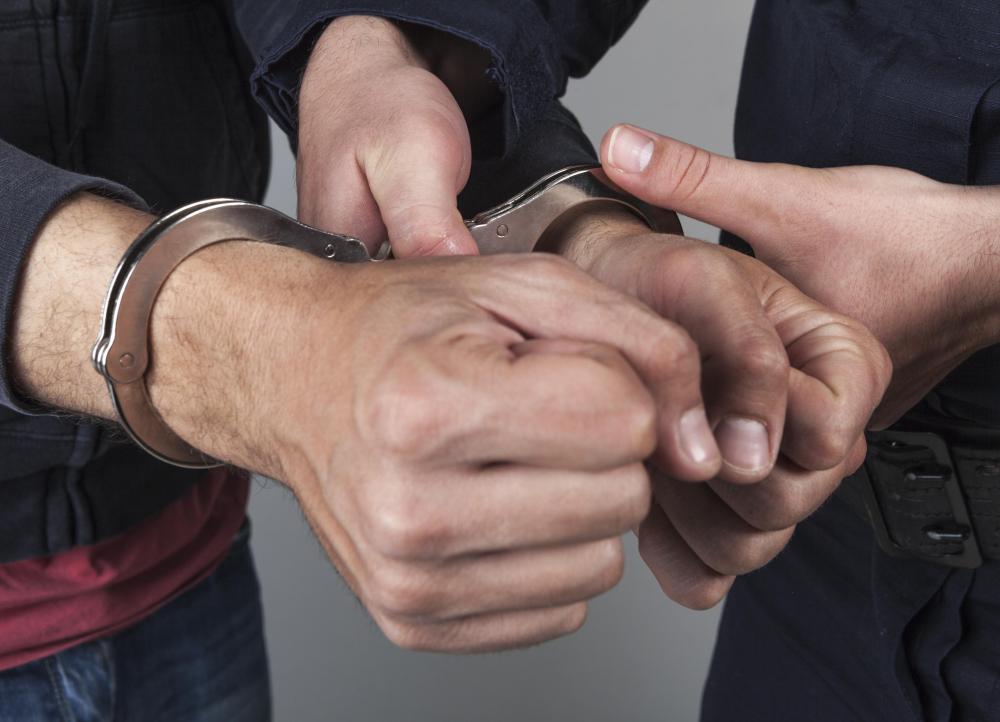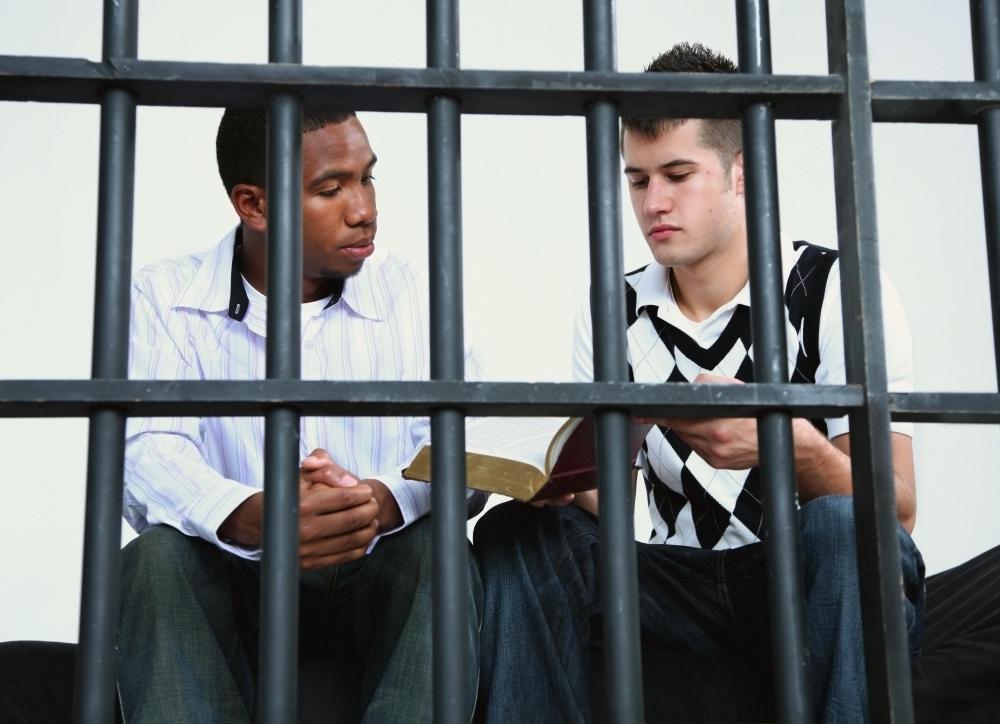At WiseGEEK, we're committed to delivering accurate, trustworthy information. Our expert-authored content is rigorously fact-checked and sourced from credible authorities. Discover how we uphold the highest standards in providing you with reliable knowledge.
How do I Become a Juvenile Detention Officer?
When juveniles run into trouble with the law but are too young for an adult correctional institution, they are sent to a juvenile detention center. If you want to become a juvenile detention officer, you must be able to work with young boys and girls to help them learn how to follow the law and rehabilitate themselves. You will need patience and more in order to complete the variety of jobs necessary to keep a juvenile detention center in order.
For most correctional facilities, the only educational requirement necessary to become a juvenile detention officer is a high school diploma. Many facilities, however, value college work and will use classroom time as a substitute for work experience. Psychology, sociology, anthropology and other studies of human behavior are very valuable when dealing with juveniles in detention centers. Other classes that could be useful include anything dealing with the legal and judicial system, such as political science.

In lieu of classroom knowledge, many corrections officers have backgrounds in the fields of police work, security and parole. Many correctional institutes understand that you might not have direct experience in this realm and will offer training to someone who wants to work as a juvenile detention officer. These classes last several weeks and will fully prepare you for the job, from the daily routine and breaking up fights to proper protocol and actions.

You will have to cultivate a wide variety of skills in order to monitor residents after you become a juvenile detention officer. Patience is by far the most important skill to learn because many of these young adults will test you and try to make you lose your temper verbally or physically. Being a strong communicator who can rationally discuss actions and consequences with inmates is an essential skill. You also must be able to make fast decisions in this role, because an officer could have only a matter of seconds to end a conflict before it grows out of hand. You also must be physically fit in order to subdue violent individuals.

These skills will help you perform all of the important duties you must master to become a juvenile detention officer. Your primary responsibility will be monitoring residents to ensure that they are following the rules and are where they are supposed to be. If they are not following rules, you must know how to maintain discipline by actions such as revoking privileges. You also must be an expert on the detention center's rules in order to know when to enforce discipline. In addition, you must be able to perform smaller duties such as admitting new residents and escorting others to court dates and other meetings.
AS FEATURED ON:
AS FEATURED ON:














Discuss this Article
Post your comments